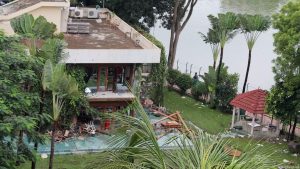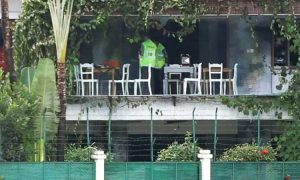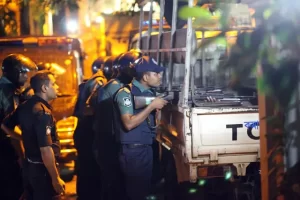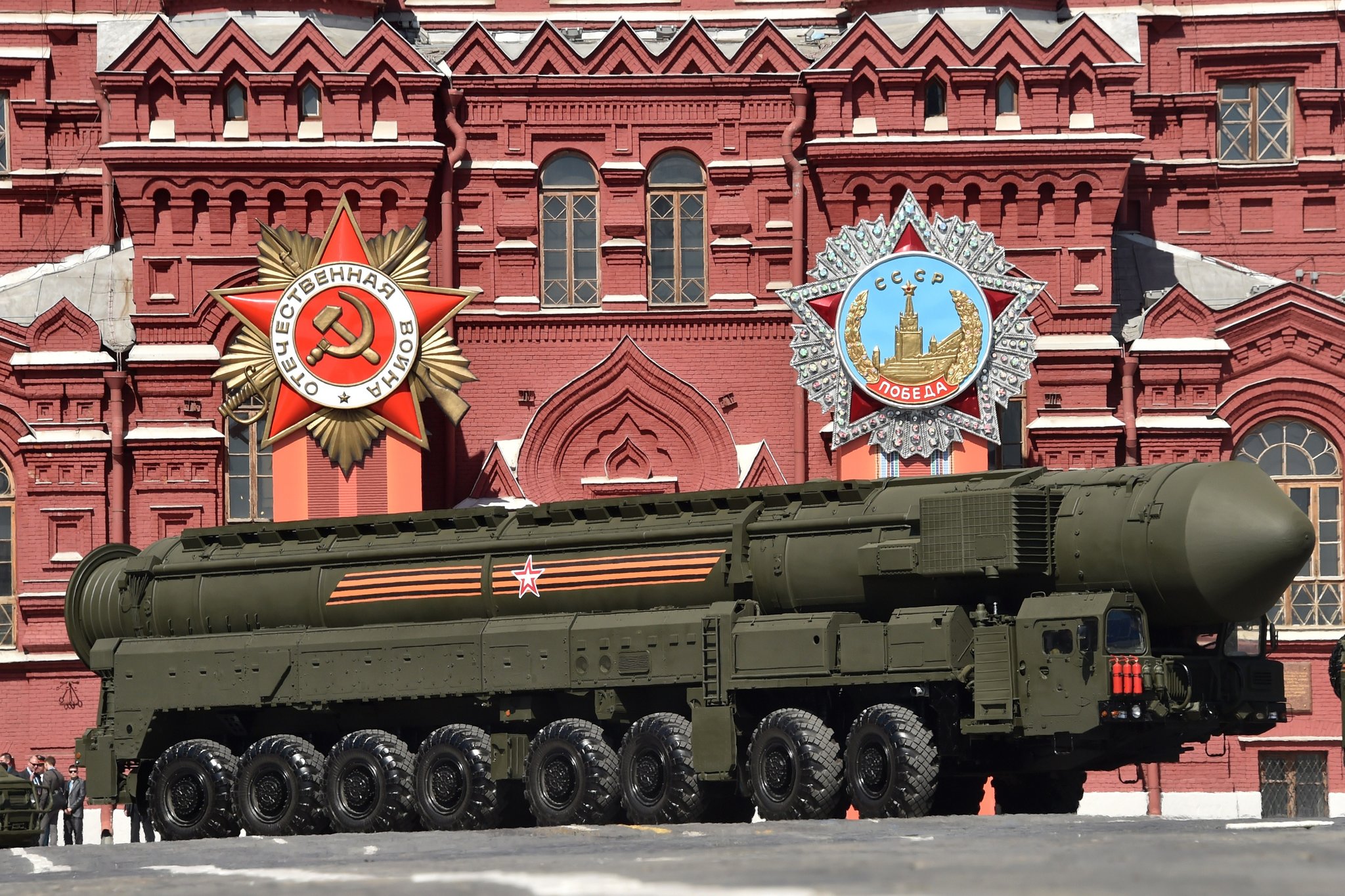Holey Artisan Attack: A Bloody Memory in Bangladesh’s Heart and the Global Reaction

On July 1, 2016, the horrific militant attack at the upscale Holey Artisan Bakery in Dhaka’s Gulshan area shook not only Bangladesh’s history but also the international arena. Twenty-two innocent people—locals and foreigners, including citizens of Japan, Italy, India, and the United States—were killed by five Islamic State (IS)-linked militants. It was Bangladesh’s first high-profile international terrorist attack, which directly rattled the outside world.
Japan’s Reaction: The Blood Price of Friendship
Among the victims were seven Japanese nationals who had come to work on development projects. Through the Japan International Cooperation Agency (JICA), they were directly involved in Bangladesh’s infrastructure development and socioeconomic progress. The Japanese people and government were devastated by this attack. Images of mourners lighting candles in front of the Bangladesh Embassy in Tokyo brought tears to many eyes.

Immediately after the incident, Japan expressed concern about Bangladesh’s security situation and suspended participation in several projects. Many Japanese companies and investors have limited or shut down their operations in Bangladesh. As a result, not only Japan but many investors from Southeast Asia grew skeptical about Bangladesh’s security.
Global Reaction and Impact on Investment
Immediately after the attack, the United Nations, European Union, United States, and many other countries condemned it and expressed solidarity with Bangladesh’s counterterrorism efforts. However, at the same time, international observers raised questions about Bangladesh’s security infrastructure, intelligence gathering, and operational weaknesses.
Global media began publishing headlines such as “Bangladesh: Rising Economy or Rising Threat?” As a result, many foreign investment proposals were put on hold, especially those related to forest and environmental projects. Many multinational companies have backed away from potential “forest investments” due to security risks. Investment prospects in forest development, eco-tourism, and sustainable rubber or bamboo industries were harmed.

2025 Holey Artisan Day: A Lack of Proper Tribute?
Questions are being raised about the failure to properly observe the 9th anniversary of the attack in 2025 at the state level. Although police and intelligence agencies offered floral tributes, there was no speech from the Prime Minister or any notable national-level program. This may send a negative message internationally that Bangladesh cannot properly honor the foreign nationals who gave their lives on its soil.
Especially for Japan—one of Bangladesh’s key development partners—if they perceive that their citizens’ sacrifices are not being given due importance in Bangladesh’s national consciousness, it could strain bilateral relations. Investors might also see the country as “disrespectful.”
National Responsibility: Remembering History as the Foundation of Future Security
The Holey Artisan attack was a deep nightmare for Bangladesh, but at the same time, it is a tragic record of the sacrifice of international partners. This attack not only took innocent lives but also harmed Bangladesh’s image.
If we fail to properly honor those foreign friends who gave their lives for our land and people, it is not only unethical but diplomatically self-destructive.

The Holey Artisan tragedy starkly exposed our national security challenges, yet it also revealed the global community’s sympathy and confidence in Bangladesh. To maintain this trust, we should:
- Observe the day annually with due national honor,
• Build a permanent memorial in tribute to the foreign victims,
• Take effective measures to ensure the safety of foreign investors.
Otherwise, we will not only forget our history but also obscure our prospects.






















